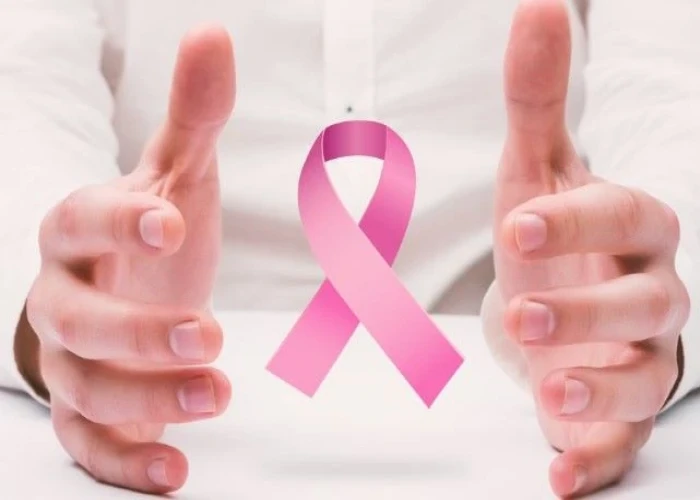 Welcome
Welcome
“May all be happy, may all be healed, may all be at peace and may no one ever suffer."
Male breast cancer
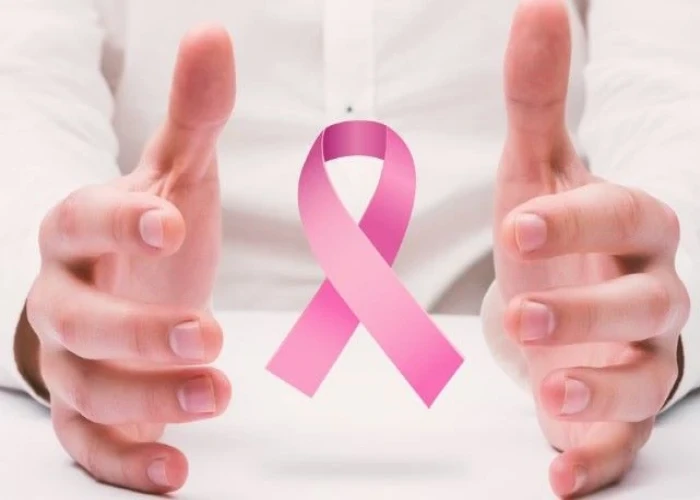
Male breast cancer is a rare form of cancer that develops in the breast tissue of men. Although male breast cancer accounts for less than 1% of all breast cancer cases, it is still a serious condition that can cause significant health problems if left untreated.
The symptoms of male breast cancer are similar to those of breast cancer in women and can include a lump or swelling in the breast tissue, nipple discharge or inversion, and changes in the skin over the breast.
Like breast cancer in women, the exact cause of male breast cancer is not fully understood, but certain risk factors have been identified. These include a family history of breast cancer, inherited gene mutations such as BRCA1 and BRCA2, exposure to estrogen, liver disease, obesity, and radiation exposure.
The treatment of male breast cancer typically involves surgery to remove the cancerous tissue, followed by radiation therapy, chemotherapy, or hormone therapy to kill any remaining cancer cells and prevent the cancer from coming back.
Because male breast cancer is rare, there is often a delay in diagnosis, which can make treatment more difficult. Men who notice any changes in their breast tissue, such as a lump or swelling, should see a doctor right away to be evaluated. Early diagnosis and treatment can improve the chances of a successful outcome.
Research Papers
Disease Signs and Symptoms
- Breast lump
- Swollen lump or skin nodules
- Changes to the skin covering breasts, such as dimpling, puckering, redness or scaling
- Changes to the nipple, such as redness or scaling, or a nipple that begins to turn inward
- Breast cancer
Disease Causes
Male breast cancer
It's not clear what causes male breast cancer.
Doctors know that male breast cancer occurs when some breast cells divide more rapidly than healthy cells do. The accumulating cells form a tumor that may spread (metastasize) to nearby tissue, to the lymph nodes or to other parts of the body.
Where breast cancer begins in men
Everyone is born with a small amount of breast tissue. Breast tissue consists of milk-producing glands (lobules), ducts that carry milk to the nipples, and fat.
During puberty, women begin developing more breast tissue, and men do not. But because men are born with a small amount of breast tissue, they can develop breast cancer.
Types of breast cancer diagnosed in men include:
- Cancer that begins in the milk ducts (ductal carcinoma). Nearly all male breast cancer is ductal carcinoma.
- Cancer that begins in the milk-producing glands (lobular carcinoma). This type is rare in men because they have few lobules in their breast tissue.
- Other types of cancer. Other, rarer types of breast cancer that can occur in men include Paget's disease of the nipple and inflammatory breast cancer.
Inherited genes that increase breast cancer risk
Some men inherit abnormal (mutated) genes from their parents that increase the risk of breast cancer. Mutations in one of several genes, especially a gene called BRCA2, put you at greater risk of developing breast and prostate cancers.
If you have a strong family history of cancer, discuss this with your doctor. Your doctor may recommend that you meet with a genetic counselor in order to consider genetic testing to see if you carry genes that increase your risk of cancer.
Disease Prevents
Disease Treatments
To determine your treatment options, your doctor considers your cancer's stage, your overall health and your preferences. Male breast cancer treatment often involves surgery and may also include other treatments.
Surgery
The goal of surgery is to remove the tumor and surrounding breast tissue. The procedures include:
- Removing all of the breast tissue (mastectomy). The surgeon removes all of your breast tissue, including the nipple and areola.
- Removing a few lymph nodes for testing (sentinel lymph node biopsy). The doctor identifies the lymph nodes most likely to be the first place your cancer cells would spread. Those few lymph nodes are removed and analyzed. If no cancer cells are found, there is a good chance that your breast cancer hasn't spread beyond your breast tissue. If cancer is found, additional lymph nodes are removed for testing.
Radiation therapy
Radiation therapy uses high-energy beams, such as X-rays and protons, to kill cancer cells. In male breast cancer, radiation therapy may be used after surgery to eliminate any remaining cancer cells in the breast, chest muscles or armpit.
During radiation therapy, radiation comes from a large machine that moves around your body, directing the energy beams to precise points on your chest.
Hormone therapy
Most men with male breast cancer have tumors that rely on hormones to grow (hormone-sensitive). If your cancer is hormone-sensitive, your doctor may recommend hormone therapy.
Hormone therapy for male breast cancer often involves the medication tamoxifen. Other hormone therapy medications that are used in women with breast cancer haven't been shown to be effective for men.
Chemotherapy
Chemotherapy uses medications to kill cancer cells. These medications may be administered through a vein in your arm (intravenously), in pill form or by both methods.
Your doctor might recommend chemotherapy after surgery to kill any cancer cells that might have spread outside your breast. Chemotherapy may also be an option for men with advanced breast cancer.
Disease Diagnoses
Disease Allopathic Generics
Disease Ayurvedic Generics
Disease Homeopathic Generics
Disease yoga
Male breast cancer and Learn More about Diseases
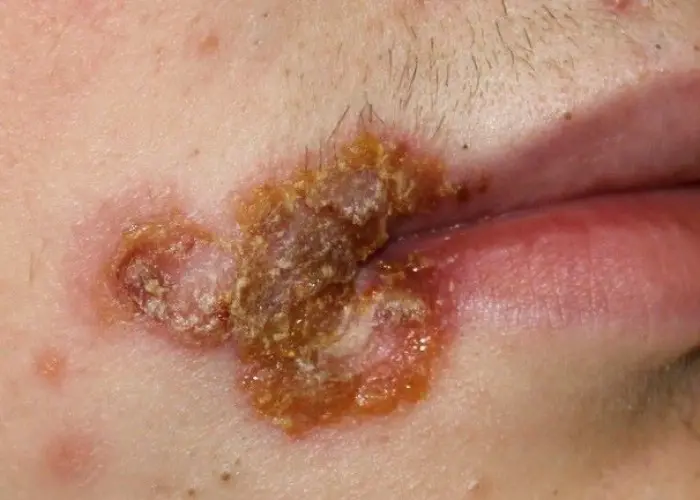
Impetigo

Stretch marks
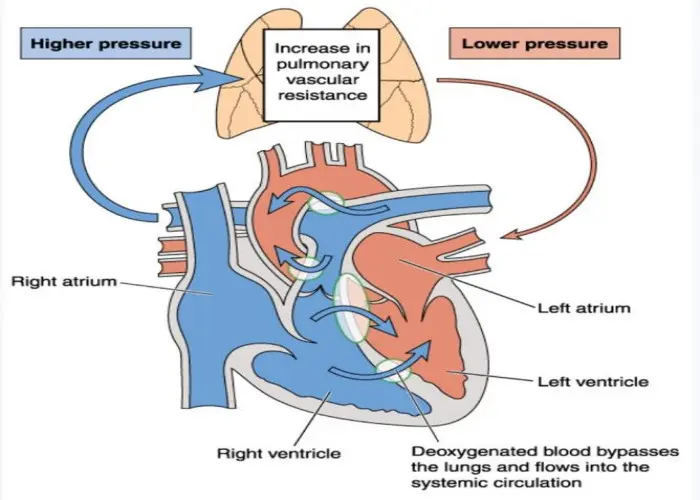
Eisenmenger syndrome

Toothache
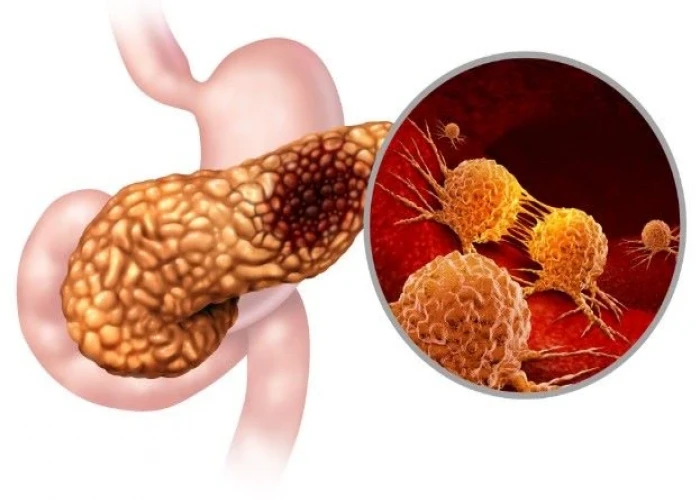
Pancreatic cancer
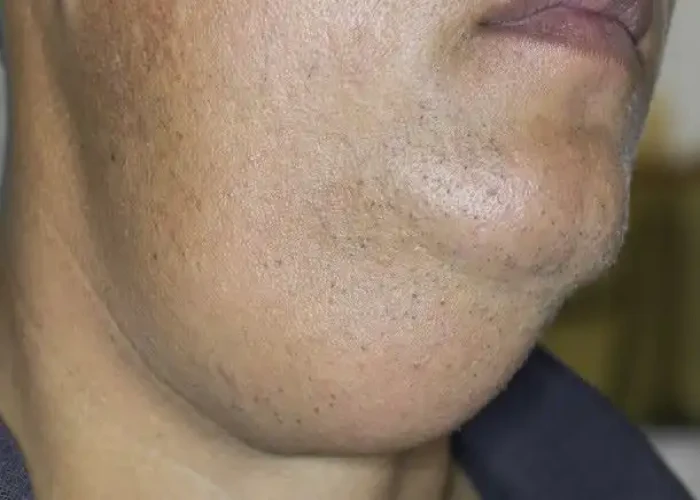
Salivary gland tumors
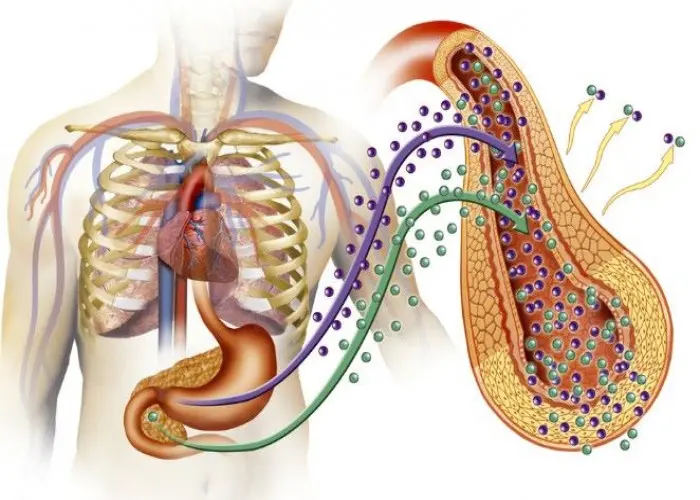
Diabetic hyperosmolar syndrome
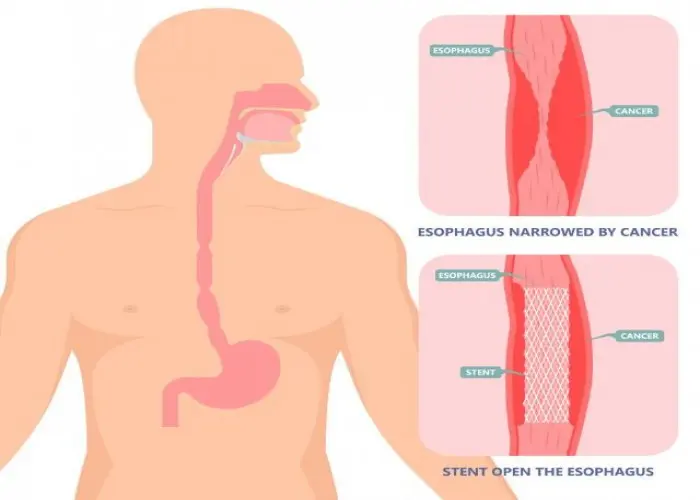
Epiglottitis
male breast cancer, পুরুষ স্তন ক্যান্সার
To be happy, beautiful, healthy, wealthy, hale and long-lived stay with DM3S.
